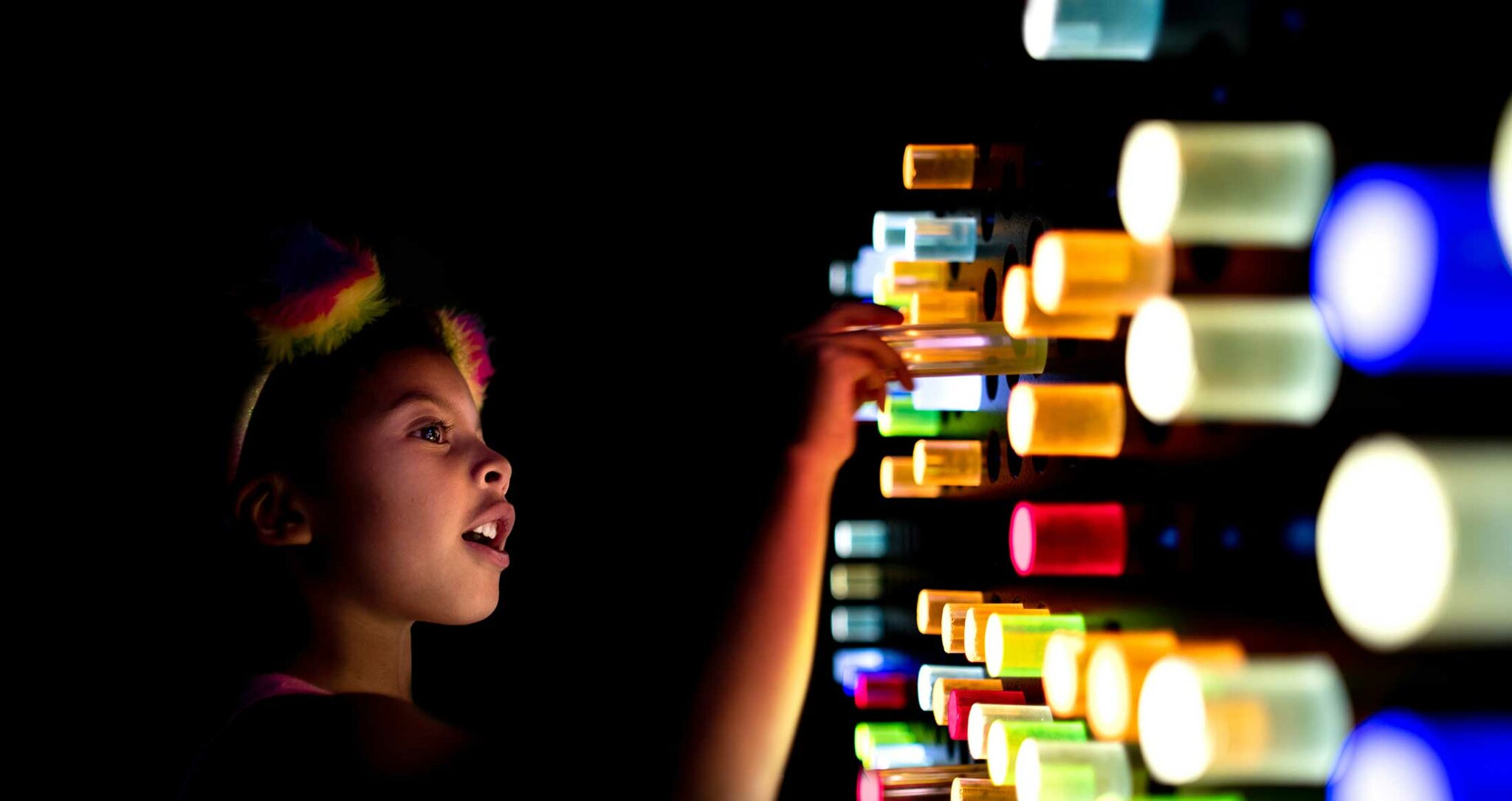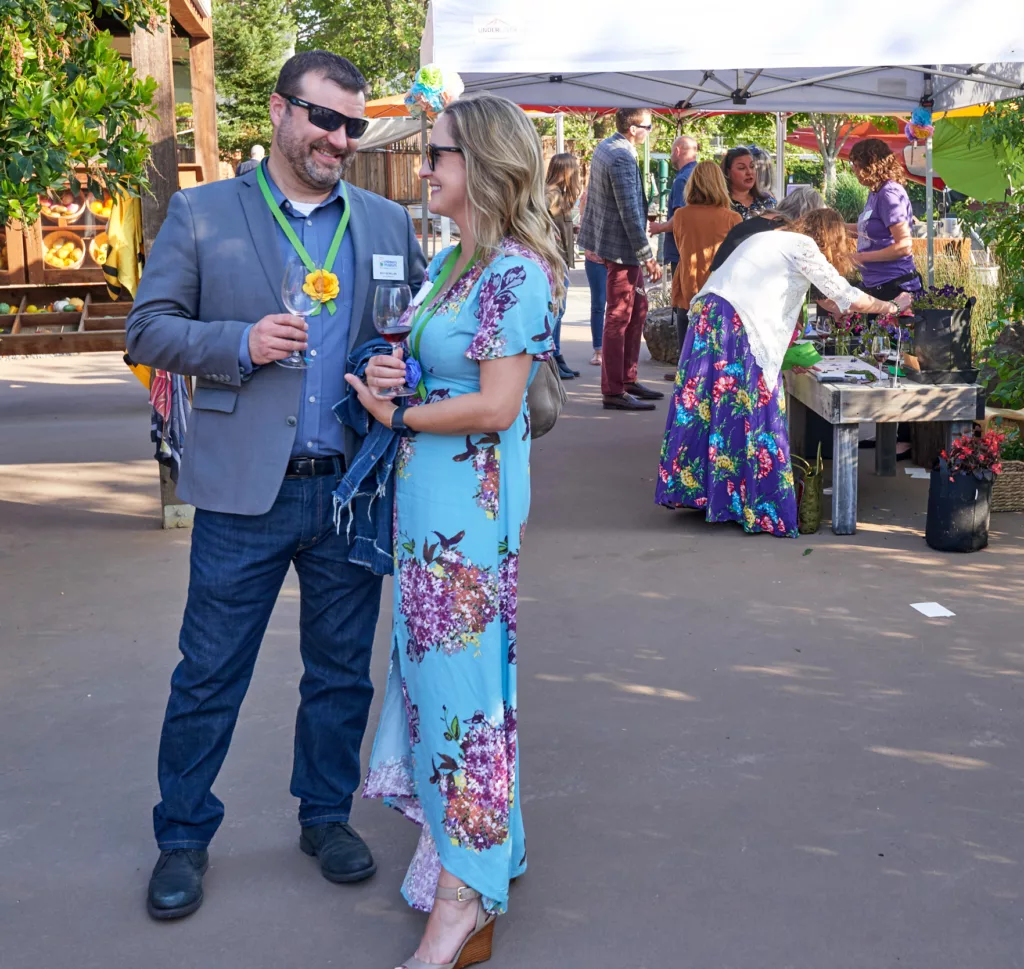14 Tips from the American Academy of Child and Adolescent Psychiatry

Over a quarter of the country is now “sheltering in place” to at least some extent. Most kids are out of school. Many are engaged in a combination of home-based and online learning, with varying degrees of success. The situation is understandably stressful for both children and parents. Here are a few suggestions which may help:
- Try and establish a regular routine and schedule at home. Kids are reassured by structure and predictability.
- Give kids choices, where there are choices. You may not be able to visit friends or go to the movies, but you can pick which game to play or program to watch.
- Help kids keep in touch with friends and family members by phone, e-mail, FaceTime, Zoom, Skype, etc.
- If kids have questions about COVID-19 or about why you’re sheltering in place, answer them honestly, using words and concepts they can understand.
- Help children find accurate and up to date information. Print out Fact Sheets from the CDC, WHO or your local health authority.
- Don’t let children watch too much television with frightening images. The repetition of such scenes can be disturbing and confusing.
- Encourage kids to choose something new to learn about. It could be a game, a craft or a challenging book.
- Make sure kids stay physically active. If you’re in a rural area, take a walk outside (observing social distancing guidelines). If you’re in a more urban setting, help your child develop and maintain a regular in-home exercise routine.
- Let kids participate in menu planning and meal preparation. Try and cook or bake something new.
- Be flexible…and patient. Sheltering in place may seem fun for the first few days, but the novelty quickly wears off. Your kids may not always feel like talking or doing what you’re doing.
- Be honest. Acknowledge that this is a difficult time for everyone. It’s normal to feel tense and anxious under such trying and unusual circumstances.
- Give kids space. Everyone needs some private “down time”.
- Let little things go. Try not to overreact when things break, take too long or don’t go quite as expected.
- Make future plans. Talk about and research things to do and places to go after the pandemic ends.
David Fassler, M.D. is a child and adolescent psychiatrist practicing in Burlington, Vermont. He is also a Clinical Professor of Psychiatry at the University of Vermont Larner College of Medicine, and member of the Consumer Issues Committee of the American Academy of Child and Adolescent Psychiatry.




